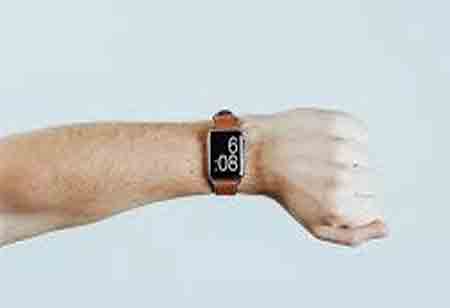Smartwatches of the future will even be able to provide precise information on how well you sleep at night and detect cardiac anomalies that don't manifest themselves in changing heart rates.
FREMONT, CA: Wearable technology has a more significant impact on the healthcare industry than it does on the rest of the economy. Every important technical innovation has benefited healthcare practitioners throughout history, and the influence of wearable technology is allowing doctors, nurses, and first responders to stay connected and provide better services.
Additionally, patients benefit from wearable technology even more than healthcare providers. Overall, wearable technologies are letting people control their health by decentralizing healthcare away from physicians' offices and hospitals.
Here are three benefits of wearable technology in healthcare:
Patients Updated on their Health Needs
Currently, wearable gadgets can track your heart rate, the number of steps you take each day, and the amount of sleep you get. Patients feel safer when they know more about their health, therefore wearables can decrease hypochondria-related medical visits. In addition, wearable devices enable people to confirm the seriousness of their medical emergencies and take necessary action when significant medical occurrences occur. When they detect medical emergencies, several wearable technologies take the initiative and automatically contact first responders.

